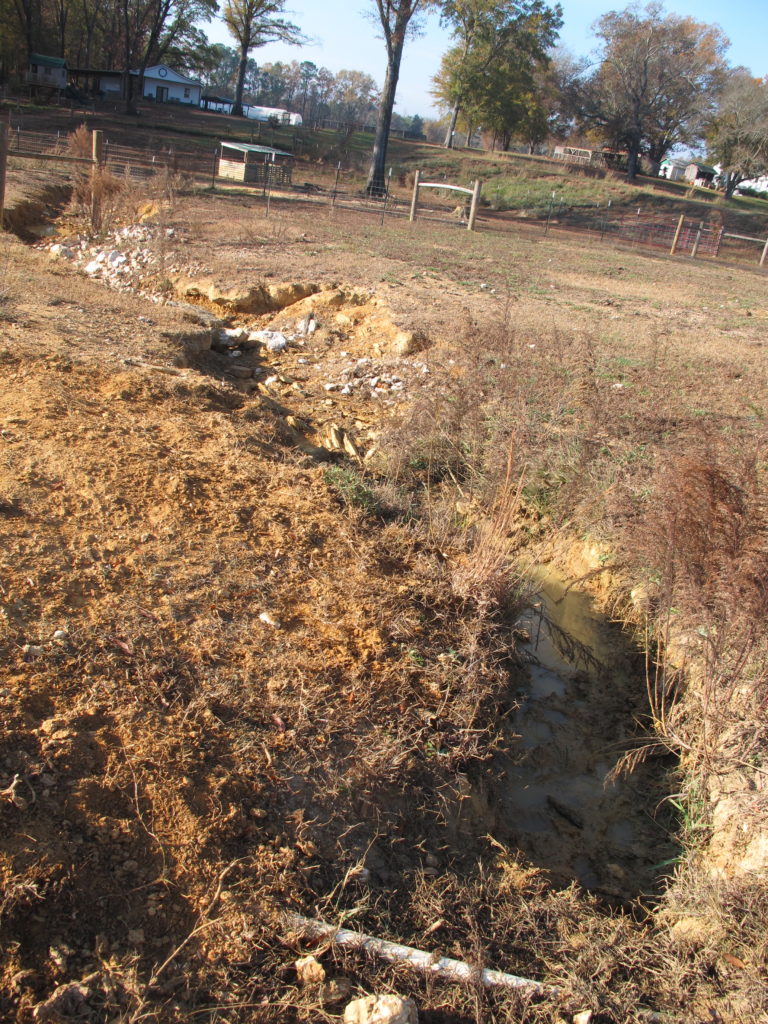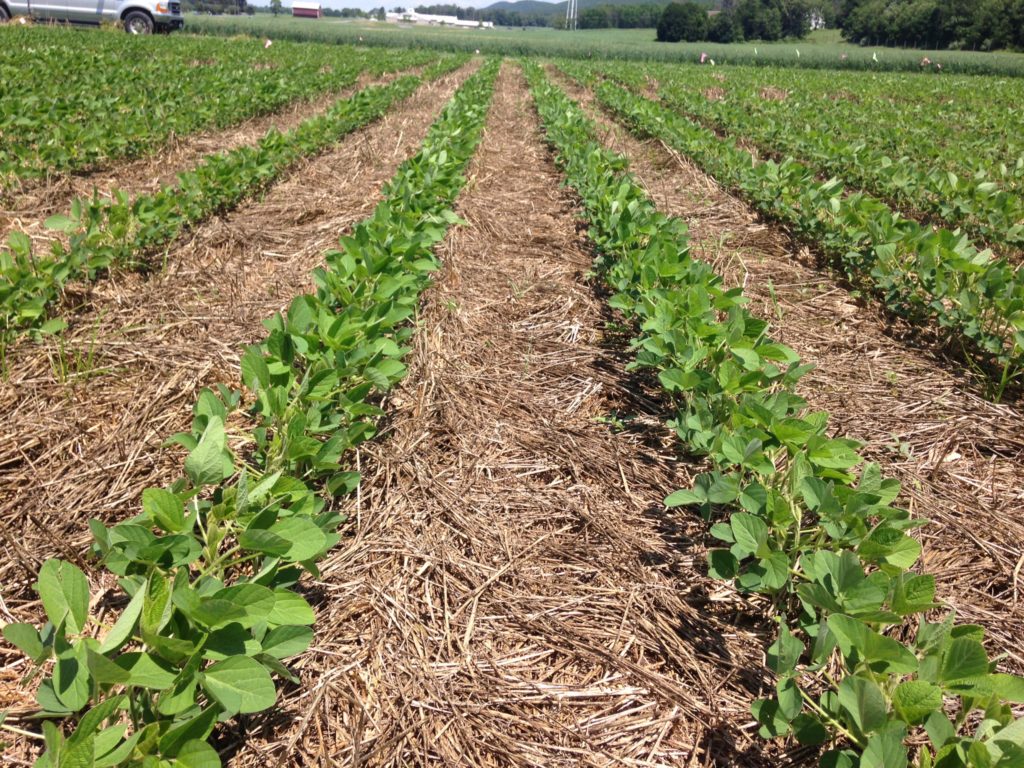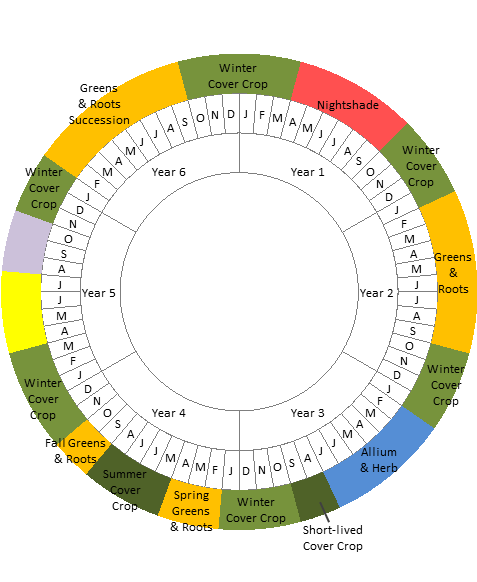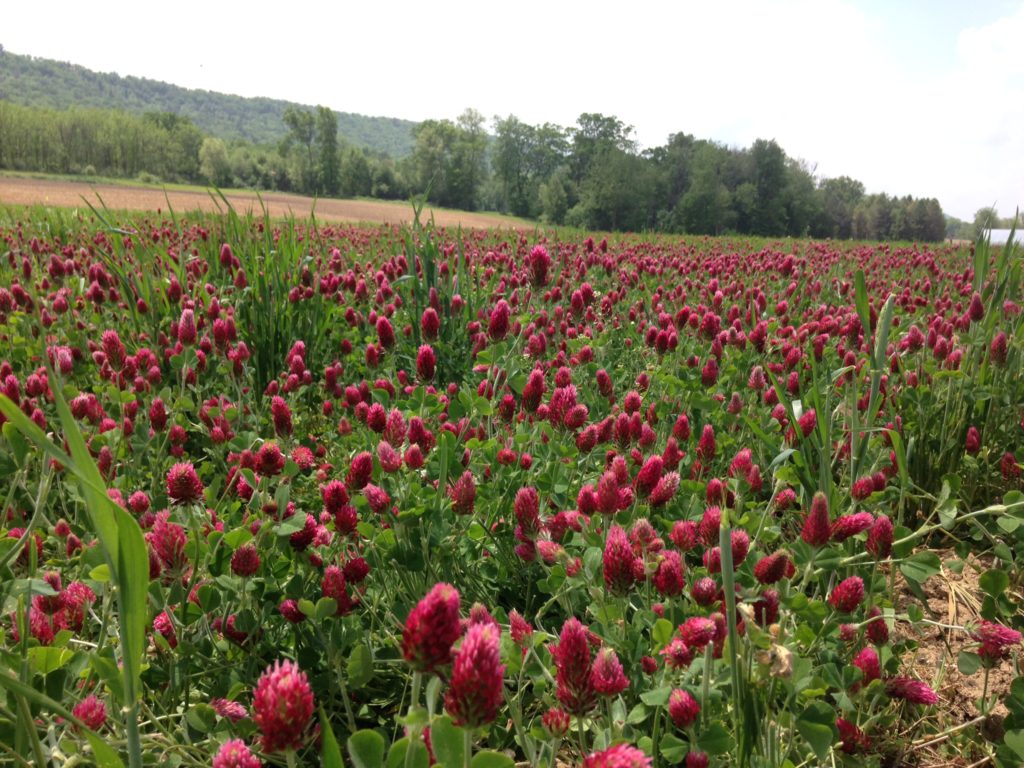Do you want financial assistance with on-farm conservation of soil, air, and water?
The Natural Resources Conservation Service (NRCS) provides cost-share money to help farms better protect air and water quality, soil from erosion, and building soil.
While the deadline to sign-up is quickly approaching (soon for one of the two programs), let’s pause and give more background on these conservation programs.
The NRCS can help with on-farm conservation through two programs focused on improving conservation measures on land that’s actively farmed:
- The Environmental Quality Incentives Program (EQIP) – is geared toward addressing conservation problems on a farm, referred to as “natural resource concerns” – like soil erosion, nutrients or sediment getting into waterways, or inefficient use of irrigation water – with contracts typically lasting one year.
- Conservation Stewardship Program (CSP) – focuses on improving current practices instead of fixing a problem, with contracts typically lasting multiple years—essentially to take on-farm conservation to the next level (beyond EQIP).
Both programs are designed to address a long list of potential conservation challenges, and both do so with the help of about 200 conservation practices. These practices are generally geared toward protecting natural resources in crop and livestock systems, adjacent lands (for example, field edges), and forested lands.
- Examples of practices that serve crop producers include cover cropping, mulching, drip irrigation, developing a diverse crop rotation, permanent vegetation in erosion-prone areas, and habitat for beneficial insects.
- Examples of practices that serve livestock producers include moveable fencing, pasture improvement, providing water to livestock, preventing soil erosion near watering areas, and a composting facility, to name just a few.
Of course, all of these practices must be justified by natural resource concerns, which are assessed on-site and with the help of conservation planning software by a conservation planner or technical service provider (TSP).

Soil erosion (gully) at the bottom of a field resulting from problematic soil management uphill.
EQIP and CSP provide a cost-share for each practice at a rate of 75% or 90% of the cost to implement, based on the NRCS’s regionally-adapted estimations. The difference in cost-share rates (75% vs 90%) depends on whether you’re designated as historically underserved farmers, for which you’d receive the 90% rate. If not, then you’d receive the 75% rate. Practices are cost-shared based on how much you implement and are measured in an appropriate unit such as acres (e.g., cover crops), linear feet (e.g., fencing), or number (e.g., composting facility).
How CFSA Can Help with On-Farm Conservation
CFSA has a certified Technical Service Provider (TSP) on staff – soon to be two TSPs – to write a particular conservation plan for EQIP in North Carolina, South Carolina, Georgia, Tennessee, and Virginia.
This plan is the Conservation Activity Plan Supporting Organic Transition, or the CPA-138. It is geared toward growers transitioning to certified organic production who want financial assistance for improving on-farm conservation. The CPA-138 is a great option for growers who are in transition to organic certification because it provides a conservation plan to meet the NRCS’s requirements for the cost-share on conservation practices, it completes the Organic System Plan for USDA Organic Certification, and also provides a conservation and production guide for the grower.

Cover crops can protect soil from erosion and build soil. Here, soybeans are no-till planted into a rolled rye cover crop. Photo by John Wallace.
In our experience of writing CPA-138s, we’ve helped growers implement a wide range of conservation practices, from the most common – cover crops, mulching, drip irrigation, pollinator habitat, and pasture improvement – to the less common but equally valuable – wildlife habitat improvement, rainwater catchment, composting facility, contour orchard, drainage ditch, and pond dam improvement.
We use the NRCS’s conservation planning process, work with growers to identify problems, and find ways to help make meaningful improvements on their farms. The cost of having the CPA-138 written is covered by the NRCS, and we also offer a rebate to farmers in North and South Carolina for whom we write a CPA-138.

A diverse crop rotation can be developed and implemented with the help of EQIP or CSP to provide a suite of benefits to a grower’s cropping system.

A fall-planted cover crop and protect soil and hold on to nutrients over winter. Photo by John Wallace.
NRCS Program Deadlines
NRCS Program Deadlines
While the NRCS encourages growers to apply any time of year, application deadlines for each program are below.
- Environmental Quality Incentives Program:
Environment Quality Incentives Program- North Carolina
Environmental Quality Incentives Program in SC
- Conservation Stewardship Program:
Conservation Stewardship Program- North Carolina


